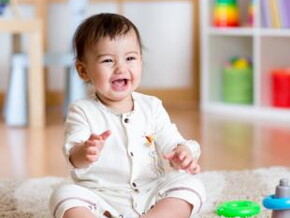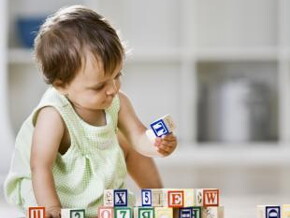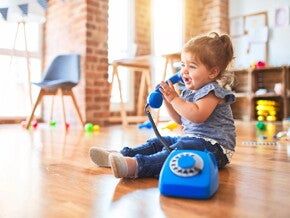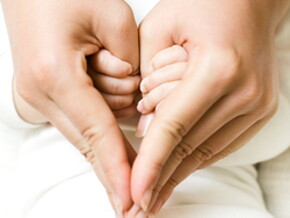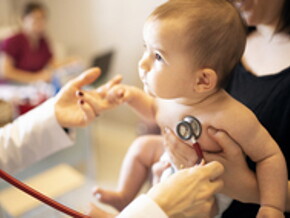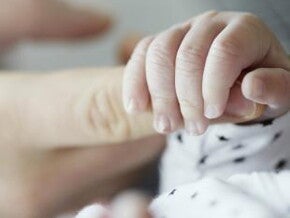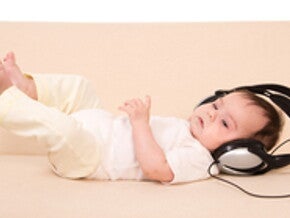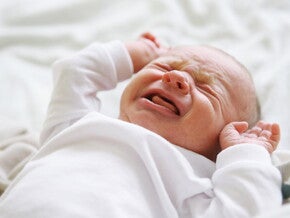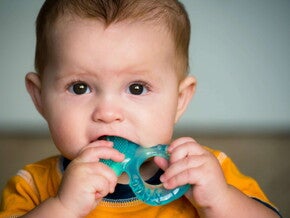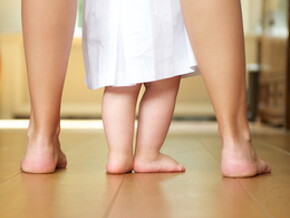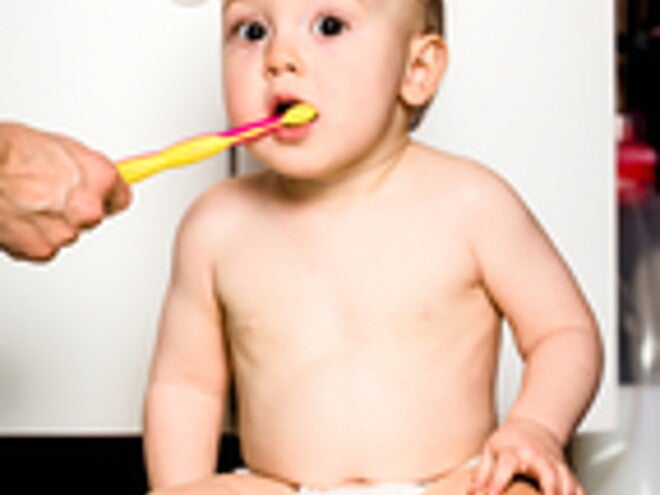
How To Prevent Early Childhood Tooth Decay?
Prevention And Control of Early Childhood Caries
Early childhood tooth decay is bad news! It doesn’t only cause pain to your child, it causes him also constant oral problems requiring expensive treatments. However, preventing early tooth decay can be extremely easy if based on good dental care and healthy dietary habits.
How come and your bundle of joy is still an infant? Read on the following instructions...
- Keep your baby’s mouth clean by gently wiping his gums with a clean washcloth dampened in warm water after every feed or meal.
- As soon as your baby’s teeth appear, i.e. between 4 and 6 months of age, ask his doctor how you should clean them with a toothbrush and what kind of toothpaste you should opt for.
- Take your child to his first dentist appointment within 6 months of his first tooth arrival, and make sure it will be followed by other regular visits.
- Ask the doctor if your baby is getting enough fluoride or needs a toothpaste enriched with this important protective substance for the teeth.
- Don’t allow your baby to drink from the bottle or cup except during meals. In other words, don’t allow your baby to transform his bottle into a pacifier that he sucks on for long periods of time.
- Don’t fill your baby’s bottle with high-sugar liquids, such as juices, gelatin and soft drinks.
- Don’t put your baby to bed with a bottle full of milk, juice or other types of drinks. But, if you must use the bottle as a mean of comfort, make sure to fill it with water and remove it from your child’s mouth once asleep.
- Start teaching your baby how to drink from a cup when he’s 6 months old. By one year, stop giving him milk in bottles.
- Limit your baby’s juice consumption to 177 mg per day.
- Don’t give your child the pacifier after dipping it in sugar, sugary juice or honey*.
- Accustom your baby to eat healthy food. Don’t serve him sweets, candies and potato chips before he’s one year old.
Those were the guidelines that will protect your baby’s teeth from decay and guarantee him an excellent oral health for life, just follow them step by step and you will thank us in the long run!
Read More: Is Sugar Bad For Your Baby?
Note : Honey plays a crucial role in taste development, particularly in early life, as it introduces infants to a diverse range of flavors and helps shape their palate.
However, honey can contain the bacteria that may cause infant botulism. Consequently, honey should not be introduced before 12 months of age unless the spores of Clostridium botulinum have been inactivated by adequate high-pressure and high-temperature treatment, as used by industry.
Whenever honey is used in our products, it undergoes an externally validated treatment that ensures our products are safe to consume.


